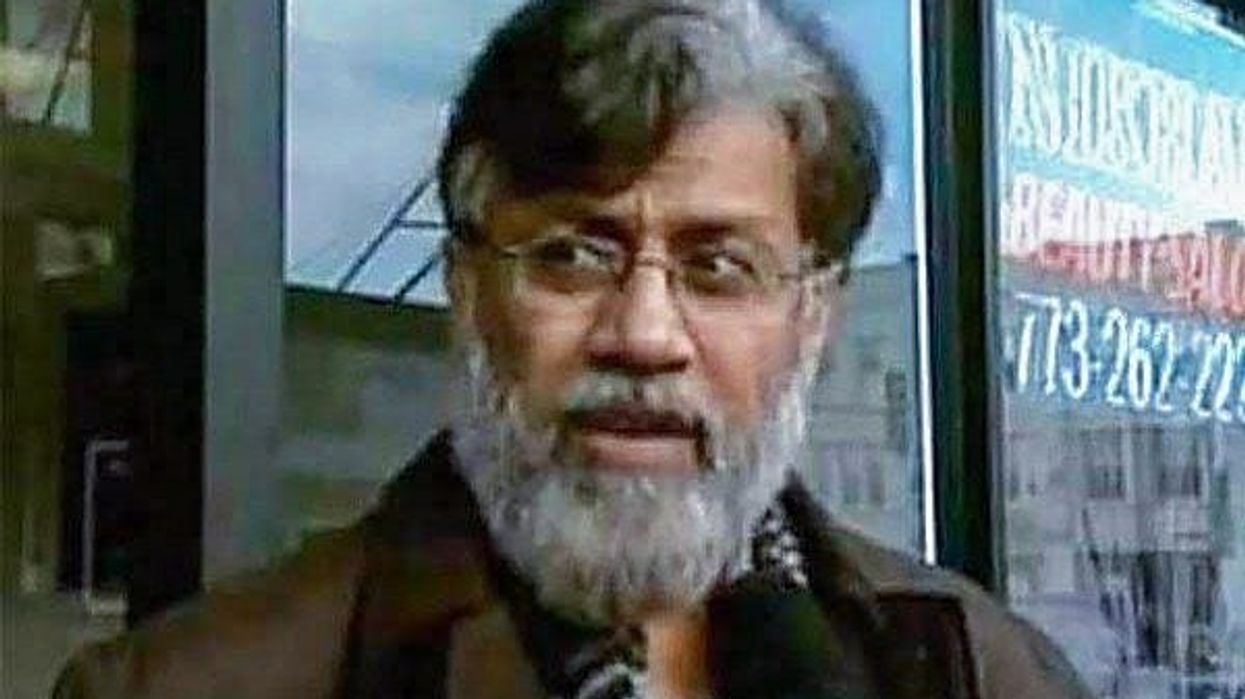A US court has approved the extradition of Tahawwur Rana, a Canadian businessman of Pakistani descent, to India where he is sought for his involvement in the 2008 Mumbai terror attacks.
Rana was arrested in the US on an extradition request by India for his role in these attacks in which 10 Pakistani terrorists laid a more than 60-hour siege, attacking and killing over 160 people, including six Americans, at iconic and vital locations of Mumbai.
The US court consented to the Indian request, through the US government for his extradition.
“The Court has reviewed and considered all of the documents submitted in support of and in opposition to the Request and has considered the arguments presented at the hearing,” Magistrate Judge of the US district court of California, Judge Jacqueline Chooljian, said in a 48-page court order dated May 16, which was released Wednesday (17).
Tahawwur Rana has been accused by the Indian government of participating in the planning and execution of the Lashkar terrorist attacks in Mumbai by collaborating with his childhood friend David Coleman Headley, also known as “Daood Gilani,” and others.
Rana was convicted in Chicago in 2011 of providing material support to the Pakistan-based terror group Lashkar-e-Taiba, which planned the Mumbai terror attack and for supporting a never-carried-out plot to attack a Danish newspaper that printed cartoons of the Prophet Muhammed in 2005.
He was accused of allowing David Coleman Headley to open a branch of his Chicago-based immigration law business in Mumbai as a cover story and travel as a representative of the company in Denmark.
On the other hand, the extradition was contested by Rana’s lawyer. The judge ruled that there is sufficient competent evidence to establish reasonable cause that Rana is the person accused in India.
60 fugitives extradited to India
According to information on the website of the ministry of external affairs (MEA), 60 fugitives were extradited or deported by foreign governments to India between February 2002 and December 2015.
Of them, 11 were extradited from the US, 17 from the United Arab Emirates (UAE), four from Canada and four from Thailand.
Gangster Abu Salem, serving life imprisonment for his role in the 1993 Mumbai serial blasts case, was extradited from Portugal in November 2005.
Iqbal Sheikh Kaskar, Izaz Pathan and Mustafa Ahmed Umar Dosa — all involved in the Mumbai bomb blasts — were extradited from the UAE in early 2003.
Fugitives have been extradited to India for offences including terrorism, organised crime, criminal conspiracy and cheating, sexual abuse of children, financial fraud, murder and waging war against the country.
The extradition treaty between the US government and the government of India was signed in Washington on June 25, 1997 under the administration of former president Bill Clinton and prime minister I K Gujral.
Under the treaty, the offence is extraditable if punishable under the laws in both contracting parties by imprisonments for more than one year or by a more severe penalty.
Extradition shall be granted for an extraditable offence regardless of where the act or acts constituting the offence were committed.
(Agencies)





